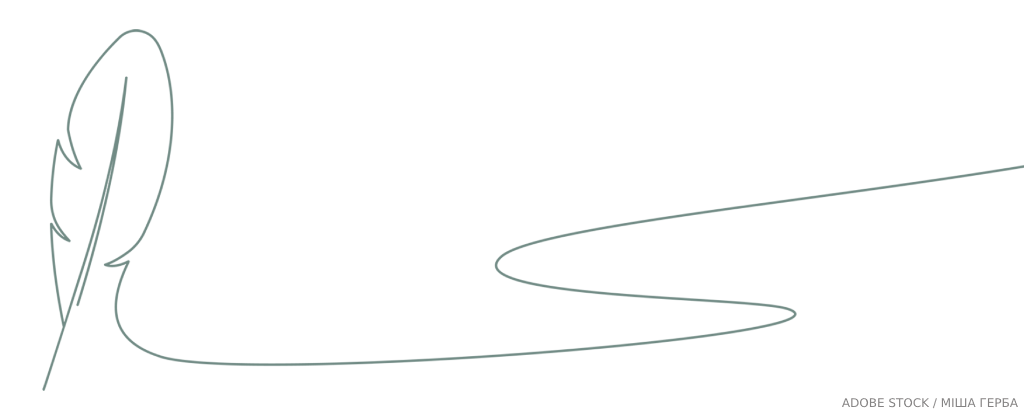 I read a lot of essays and, believe it or not, I’ve been known to write a few on occasion as well. The majority of them kind of linger in the back of my mind and are slowly forgotten. The ones that stick with me tend to be the application essays that I scrutinize every fall as part of the fellowship recruitment process. Some of them sparkle, giving a genuine sense of who the applicant is and why they are so passionate about entering our field. Others are more forgettable—well written and professional, but lacking that crucial spark that makes me sit up and take notice.
I read a lot of essays and, believe it or not, I’ve been known to write a few on occasion as well. The majority of them kind of linger in the back of my mind and are slowly forgotten. The ones that stick with me tend to be the application essays that I scrutinize every fall as part of the fellowship recruitment process. Some of them sparkle, giving a genuine sense of who the applicant is and why they are so passionate about entering our field. Others are more forgettable—well written and professional, but lacking that crucial spark that makes me sit up and take notice.
Writing an application essay is undoubtedly a skill that requires soulful reflection, yet there are also some general pieces of guidance for applicants. So what makes an effective application essay? Let’s rheuminate!
1. Authenticity: The Voice of the Applicant
In this modern world in which ChatGPT and AI-generated content are becoming inescapable, authenticity has never been more important. As a program director, I am not looking for the most perfectly crafted, polished essay, nor am I seeking an essay that sounds like it came from a professional writer. What I am looking for is something real—a voice that belongs uniquely to someone I would like to train. I start with authenticity first because it’s the hardest element to quantify, but it’s unmistakably the most important prerequisite to an effective essay.
An authentic essay is one where the reader feels as if they are engaging in a meaningful conversation with the applicant. It’s less about impressing the program director with feats and accomplishments, and more about giving a glimpse into who the applicant really is, including what motivates them and how they see the world. Authenticity comes through when the essay doesn’t try too hard to impress others (although it’s hard to avoid this when you are trying to get a job) and when it’s honest about an applicant’s journey and life experiences. Authenticity can never be effectively faked or outsourced, but rather, has to come from within the deepest source of the soul.
And, it should go without saying, please do not lie in your personal statements.
A common pitfall that I see is the tendency to write what the applicant thinks the reader wants to hear. Although it may be tempting to paint a picture of a perfect physician, the reality is that perfection is not what makes a great rheumatologist. Vulnerability—acknowledging challenges and reflecting on personal growth—reveals more about true character than a list of accomplishments ever could.


